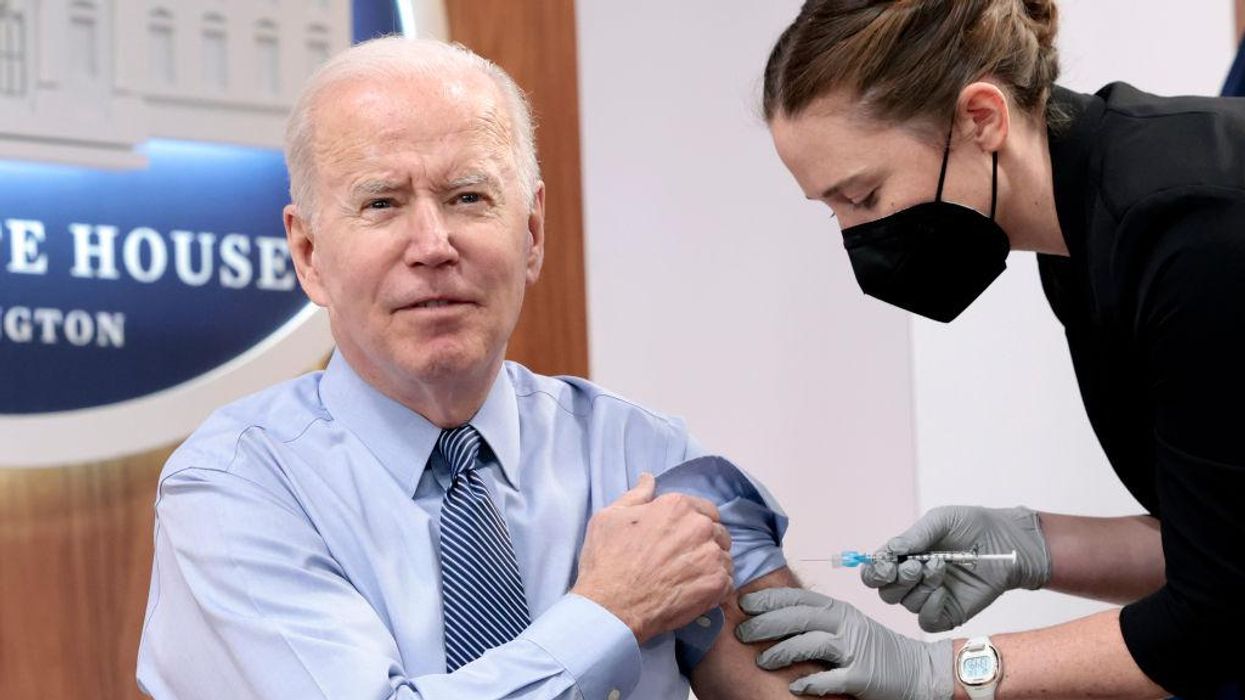
Anna Moneymaker/Getty Images

A fourth dose of Pfizer's COVID-19 vaccine only provides a short-term boost in protection against the virus, according to a study that was released Tuesday.
As Pfizer and BioNTech seek emergency authorization from the U.S. Food and Drug administration to provide a second COVID-19 booster shot to senior citizens, researchers in Israel have found that a fourth shot of the company's vaccine only provides four to seven weeks of increased protection before its efficacy wanes.
The study examined data from the Israeli Ministry of Health database on more than 1.25 million people who were 60 years of age or older and received their fourth Pfizer dose between January and March. At the time, the Omicron variant was predominant in Israel.
Researchers found that people who got the second booster shot were half as likely to test positive for COVID-19 four weeks later than people who only took three doses.
But by the eighth week, both groups were equally likely to catch the coronavirus, meaning the boost from the fourth shot wore off.
Scientists said that protection against severe illness did not wane during the study period and they suggested further studies are needed to determine how long that protection lasts.
"The results presented here indicate that as compared with three vaccine doses given at least 4 months earlier, a fourth dose provides added short-term protection against confirmed infections and severe illness caused by the omicron variant," the study authors wrote.
"Overall, these analyses provided evidence for the effectiveness of a fourth vaccine dose against severe illness caused by the omicron variant, as compared with a third dose administered more than 4 months earlier. For confirmed infection, a fourth dose appeared to provide only short-term protection and a modest absolute benefit," the study concluded.
Last week, the FDA authorized a second dose of booster shots for every American over the age of 50. U.S. officials said that the additional booster dose may be necessary because of waning protection against serious outcomes from COVID-19 in older and immunocompromised individuals. President Joe Biden received his second booster shot on March 30.
Previous studies have suggested that the the first booster dose provides a significant increase in protection against the virus compared to no vaccination, one shot, or two shots.
According to the U.S. Centers for Disease Control and Prevention, about 49% of U.S. adults who have been fully vaccinated have also received the first booster shot. About 68% of adults age 65 and older have done so.